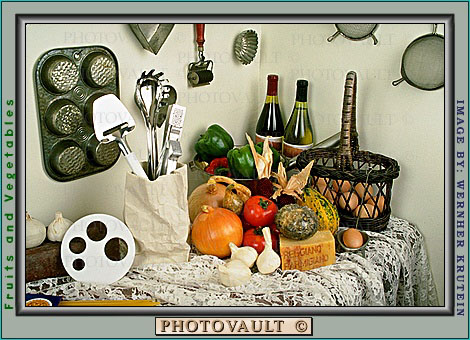|
The annual meeting place of the global organic market is BIOFACH, the world's largest trade fair. Over 1700 exhibitors and more than 20,000 trading representatives from every part of the planet are expected to descend upon the Exhibition Centre in Nuremberg, Germany from the 15th through the 18th of February. This year marks the arrival of official recognition by the international exhibition standard, Union des Foires Internationales, Paris. This coveted title certifies that BIOFACH is what it claims to be, the largest gathering of Organic goods and services to be found anywhere on Terra Firma. The amount of sales being transacted at BIOFACH creates an aura of euphoria and in some instances an entire Organic commodity from various emerging countries are sold out, much to the complete satisfaction of their trading consortiums. Interviewed about their assessment of future development in the Organic market, over 90% of the trading representatives expect an increase in Organic commerce directly because of the numerous opportunities arising from the synergistic element present at BIOFACH. This opinion parallels the findings of the groundbreaking study released by WTO in Geneva last year. Their thesis embodies the results of an extensive WTO investigation by forecasting an Organic share of close to 10% of the national food market in developing countries by the end of year 2005. This analysis indicates a growth rate of over 20% for the international market. The rises are correspondingly larger where the Organic share of the total food market is currently only 1%. The growth possible in terms of consumer demand can only occur if production, processing and marketing are equally adapted to global market requirements. A study conducted by the Brandenburg University of Applied Sciences concludes that production and market dissemination must be regarded as the only limiting factor in the expansion of Organic products demand worldwide, not consumer acceptance. Even though the areas under Organic cultivation in Europe have increased significantly in the last decade, the demand for Organic foods is far greater than the ratio of Organic production conversion. Great Britain, with approximately 70% of the Organic food products being imported, and conversion to organic agriculture correspondingly similar, is experiencing shortages of certain commodities. In every agricultural producing country in Europe there has been a marked increase in the conversion to sustainable practices. Shortages of Organic bread, eggs, milk products and meat products are actually already apparent, and must be compensated for by increased imports from the USA. There are indications that the actual inhibiting factor in the advancement of organic food production is not logistical, but rather political. Perhaps that explains why one of the first administrative actions of President Bush was to suspend the implementation of the federal Organic Foods Standards Act.
|

